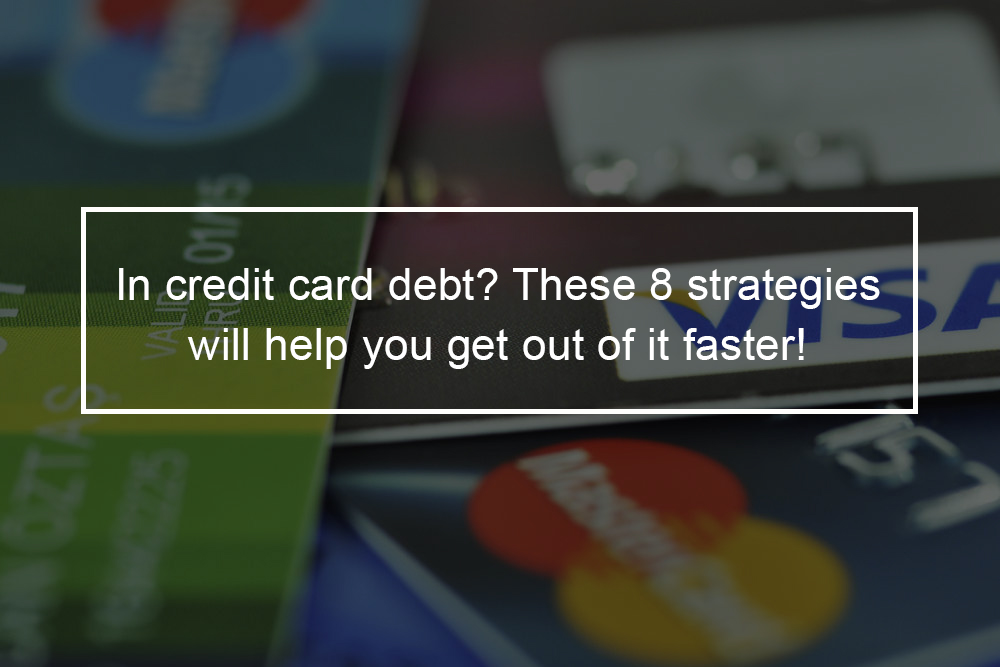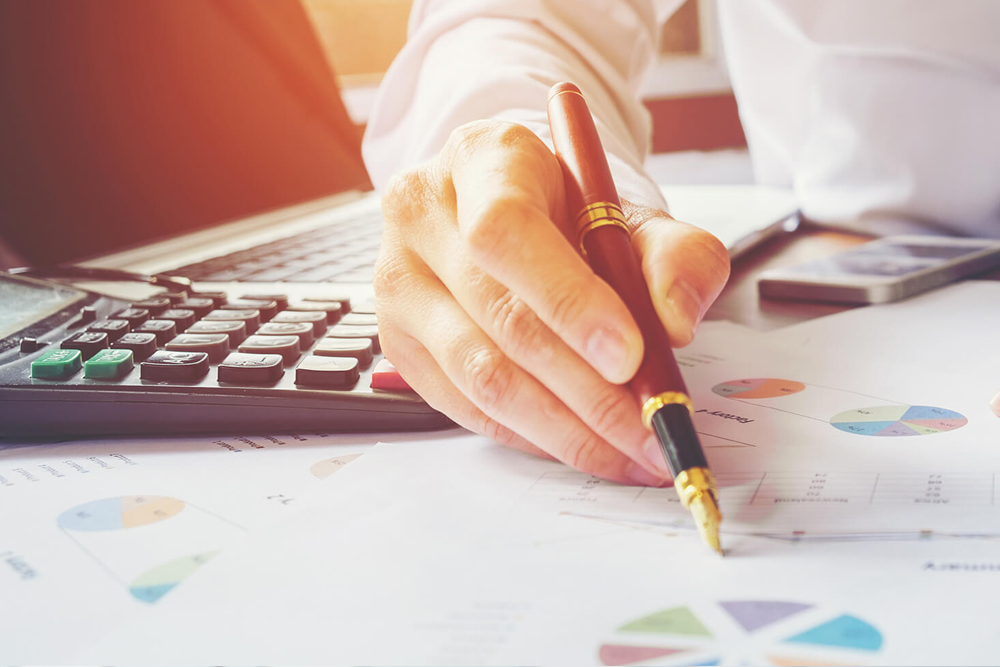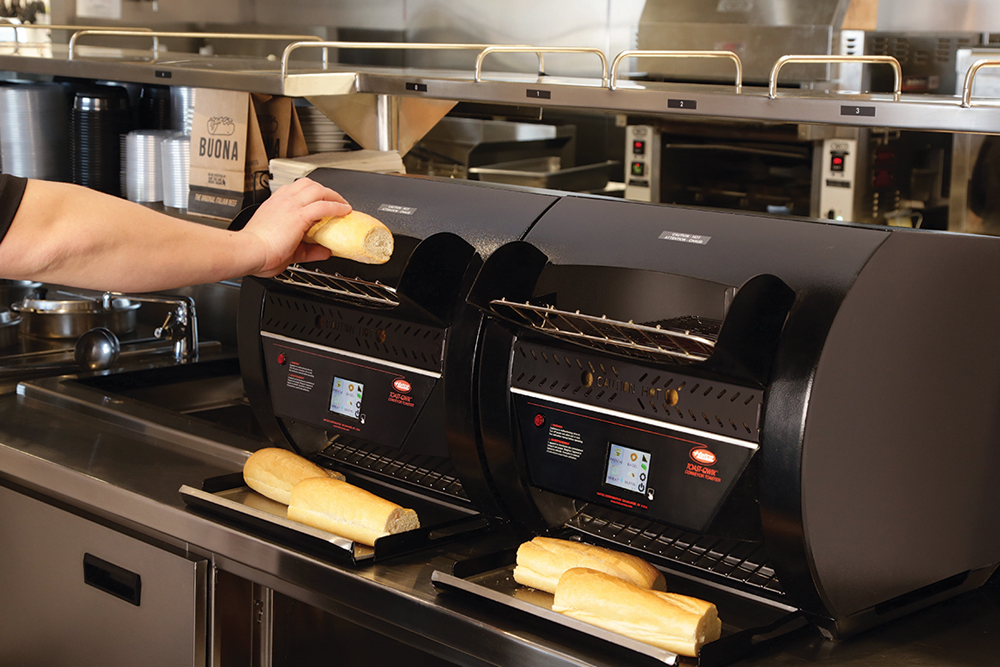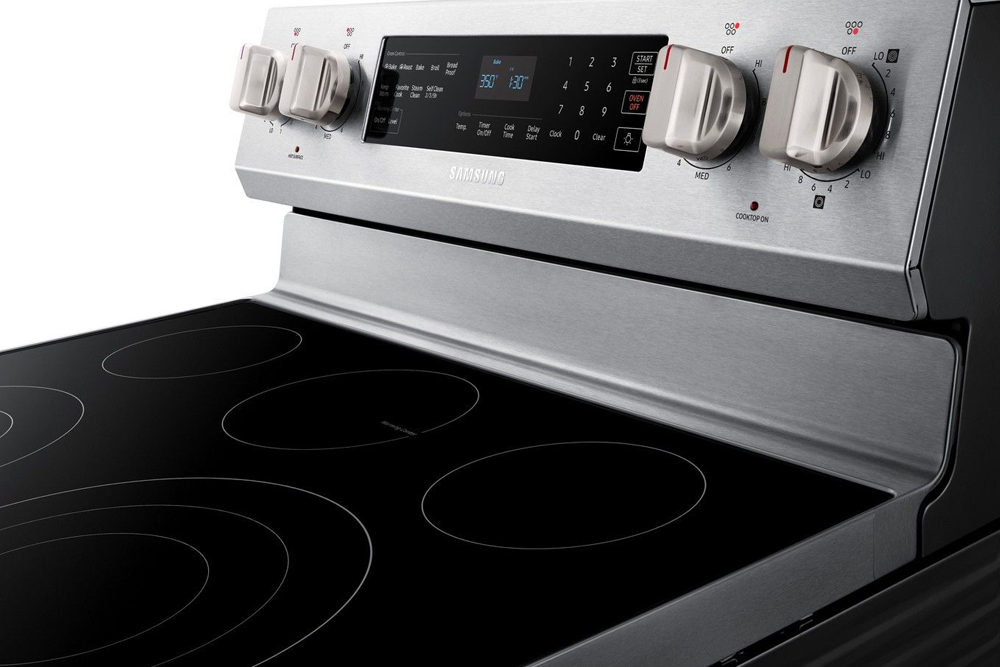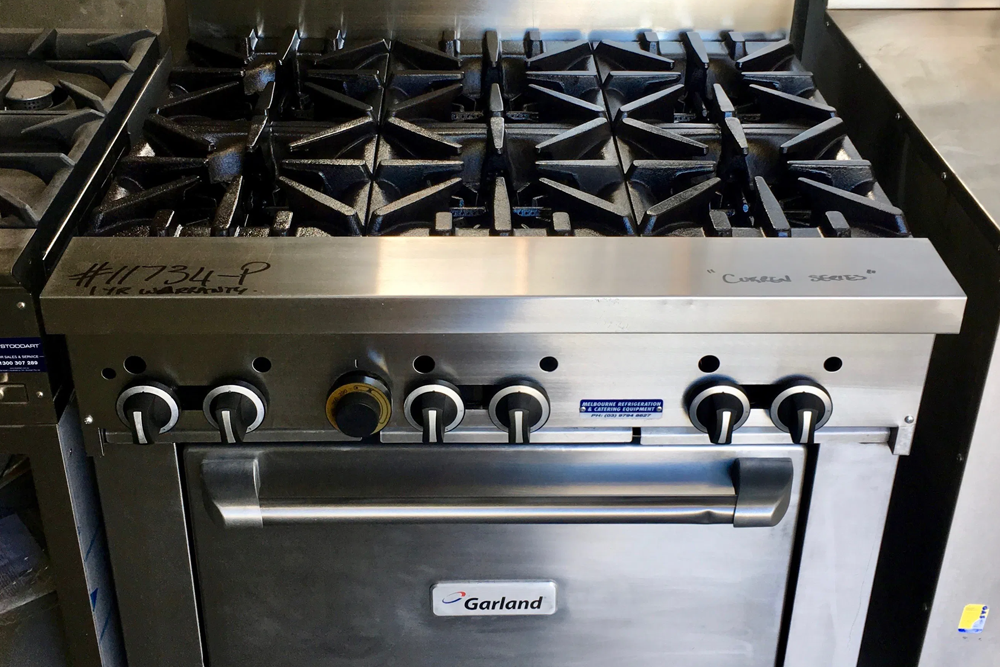Proven Tips To Get Rid Of Debt Forever
Getting out of debt is not easy; however, it is possible, even though you have no assets, no money, and no idea how to start.
Break down debt repayments
Rather than looking at your debt in its entirety, it is recommendable to approach it bit by bit. Break down your debt into manageable chunks; that way, you will experience quicker wins and stay motivated. Two popular strategies to break down debt repayments are the debt snowball and debt avalanche methods. Applying the debt avalanche method, you will order your credit card debts from the highest interest rate to the lowest. You will then make minimum payments on all your credit cards, and any additional income you have will go toward the highest-interest card. With time, that card will be paid off. Then, you will manage the debt with the next-highest interest rate, and so on, until all your cards are paid off.
Debt Snowball approach
With the debt snowball approach, you will order your debts from the least balance to the highest, despite the interest rates on the credit cards. You will make minimum payments on all your cards, and any extra income will go to the credit card with the smallest balance. Beginning with the smallest balance enables you to experience wins quickly than you would with the avalanche approach. This strategy is ideal for people who are motivated by quick wins; however, it has a downside. Those people who choose to use this method could end up paying more interest over the long term.
Make a budget
A budget will assist you in making better decisions about your money and offering you an idea of how much you can make to put toward your debt monthly. Do not try to manage your expenses in your head; seeing the digits on the paper gives you the bigger picture without depending on your memory. Your budget can also assist you in deciding where you may be able to free up money for paying down your debt.
Differentiate between overspent and being broke
Are you applying broke to describe what happens once you have spent all your money on non-bills and non-essentials? If that is the case, you’re not really broke. You can make some modifications to how you spend to build some extra room in your budget. If you are actually broke, do not make it worse by making bad decisions- like spending on things you do not require.
Put a plan together to attack your debt
Paying off your debt should always begin with a plan, regardless of how much money you have- and even if you can not begin paying your debt immediately. Begin by listing your debts together with the balance and interest rate. Prioritize your accounts, taking note of the order you want to pay them off—for example, the lower balance first, highest interest rate debt first, or another order. The idea is to pay as much as you can afford on one account while paying the minimum on all the other accounts. Ideally, you will get ways to free up more cash in your budget, but begin, work with what you have.
The balance transfer
If you have good or excellent credit (generally a FICO score of 670 or more) and can feasibly pay off your debt within twelve months, a balance-transfer credit card is a great choice. Balance-transfer cards can save you cash on interest charges by allowing you to transfer the balance of a card with a high-interest rate to a card with zero interest. Most of these credit cards offer zero interest for twelve to eighteen months with no annual fee. They typically have a two to five percent balance transfer fee. However, you can easily find balance-transfer cards with no fee. A higher credit score will assist you in qualifying for a credit card with better terms.
Take out a loan
You may look at getting a loan to refinance and consolidate your debts. If you obtain a loan with a lower interest rate and pay off your credit cards, the lower rate could possibly save you a considerable interest. This is a logical way to pay off a credit card if you presently have little or no money to put toward it. Here are the two options:
- A personal loan: Online marketplaces will enable you to prequalify for a personal loan without making a problematic inquiry of your credit. It will not affect your credit score. Fiona is a good resource here. It is a search engine for financial services, which can match you with the right personal loan to meet your needs. It searches the top online creditors to match you with a personalized loan offer.
- Home equity loan: If you possess a home with equity, you have three methods you can acquire money against the value of your home: Cashoutrefinance, home equity line of credit or home equity loan. For homeowners, these options will most possibly offer the lowest interest rates. However, they are the riskiest since your home is the collateral- something you own that your creditor can take if you do not pay off the loan.
Debt settlement
The world of creditors and debt collections can be intimidating, confusing, and sometimes illegal. There are common myths, for instance, that someone can take your house, or you can go to jail for not making your payments. However, credit card debt is unsecured debt, indicating no one can put you in jail or even take your house if you do not pay it. If you have circumstances that make your debt repayment confusing or creditors are harassing you, do not give up before finding your options for assistance.
Consider consumer credit counseling
A credit counseling organization can work with you to assess your finances and figure out a budget that can incorporate monthly debt payments. If you can not afford your debt payments, the credit counselor will attempt to work out a debt management plan (DMP) with your lenders. Often the DMP includes lower monthly payments to your creditors, and you may make one monthly payment to your credit counselor. They will then allocate payments to all your creditors.
Credit card debt settlement
If you are in more than just a temporary season of financial instability, and you can not see yourself affording the amount of credit card debt you owe, credit card debt settlement is an option even though we regard it as a last resort. Debt settlement decreases the amount of debt you owe; however, it will significantly reduce your credit score and negatively affect your credit report. The procedure is not as easy as debt consolidation. You have to convince each creditor that if they do not settle with you, they possibly will not get anything at all. Of course, during that time, you will not be making any payments- while late fees and interest accrue.
You can do this on your own; however, most people seek the assistance of a debt settlement company. Similar to debt management programs, a debt settlement firm will work out your debts on your behalf, and the organization will make lump-sum payments to lenders. In contrast, you make monthly payments to the debt settlement company. While you are paying the debt settlement agency, you will still be delinquent with any creditors the company has not yet negotiated with. This means you will still get calls from those lenders.
Note you are not assured that the company will be successful. If it is not successful in negotiating, you will still be responsible for the full debt amount, and any other interest accrued. And if the company is successful, you will have to pay the settlement amount in total. Then in April, you will owe taxes on the amount forgiven. Note that the settlement company will also charge you up to twenty-five percent in fees on top of the settlement.
Bankruptcy
Bankruptcy is the final solution to credit card debt. The two main types of individuals are Chapter 13 and Chapter 7. Chapter 7 bankruptcy lets you completely discharge all your debts except student loans in four to six months, liquidating your assets. A trustee collects and sells all your nonexempt assets to pay off your debt.
Individuals who earn a high income or have significant assets choose Chapter 13, which enables you to keep various assets still repaying some of the debts. It is a long procedure that does not guarantee to resolve your debt. And it can be reversed if your income increases, and it wrecks your credit. Both bankruptcy methods have adverse long-term ramifications on your credit. However, if you are out of options, bankruptcy offers you a chance to get your debt under control and get your debt collectors and creditors off your back.

